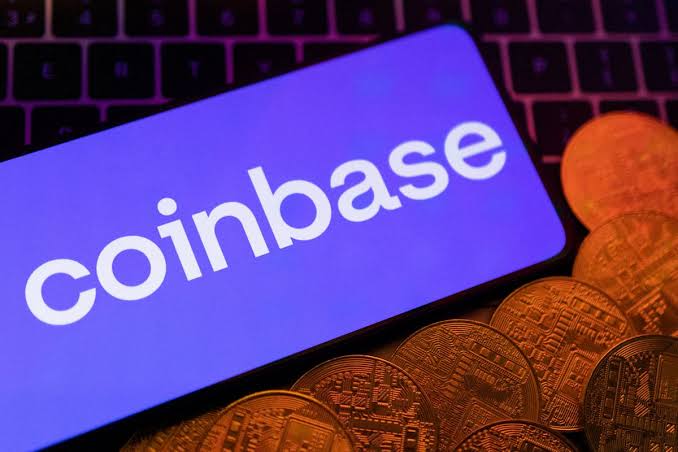The Supreme Court’s decision to hear this case is a significant step forward for businesses that use arbitration clauses.
The US Supreme Court has taken up a case involving Coinbase and its users, focusing on a crucial procedural question of which contract should be arbitrated or judged in order to resolve disputes.
Conflicting agreements between the parties—one supporting arbitration and the other courtroom litigation—are the root of this problem, according to a Bloomberg report.
Originally, Coinbase had given its clients arbitration clauses, but a problem developed with a sweepstakes agreement that sent disputes to the courts of California. Customers filed a class-action lawsuit in response to claims of misleading advertising, challenging Coinbase’s usual arbitration process
Lower courts opposed Coinbase’s attempts to advance arbitration. Supported by the U.S. Court of Appeals for the Ninth Circuit, a federal judge in California upheld the sweepstakes agreement’s preference for in-court resolution. The company’s request to have the dispute transferred to arbitration was therefore denied.
This judicial hesitancy is in contrast to a recent ruling by the Supreme Court that sided 5–4 with Coinbase in a related case. Subsequently, the court decided to back the business’s attempts to put a stop to consumer lawsuits while it attempted to have disputes arbitrated.
Coinbase has acted decisively throughout this legal battle. The business has expanded its offerings by giving customers access to additional trading options.
Retail clients who meet the eligibility requirements can now trade cryptocurrency futures, with contracts that are more easily accessible and represent a smaller portion of the value of ether and bitcoin.
The decision by the Supreme Court to hear this case marks a significant turning point for businesses that use arbitration clauses. It also emphasises how the court will still be involved in defining the parameters of what constitutes arbitration and litigation. The decision is expected to have an effect on the creation and implementation of user agreements, especially in the constantly changing field of virtual currency trading.


